10 amazing qualities of older people who prefer living alone
Older adults who choose to live alone are powerful. These individuals often buck expectations, tune into their own rhythms, and cultivate strengths that are easy to overlook. Here’s a closer look at the standout qualities many older solo dwellers naturally develop over time.
They Trust Their Own Judgment
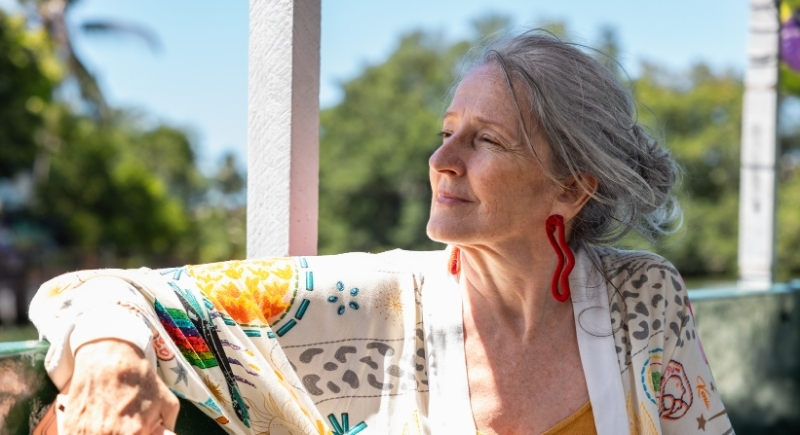
Credit: Canva
There is no back-and-forth. There is no asking, “What do you think I should do?” People who live alone get really good at calling the shots. That independence sharpens their instincts over time. Research backs this up: Solitary living encourages more confident decision-making.
They’re Better at Managing Stress

Credit: Getty Images
When you live alone, you don’t get dragged into anyone else’s drama. That alone (pun intended) can work wonders for stress levels. A Personality and Social Psychology Bulletin study found that those who enjoy solitude tend to feel more balanced and calm.
They Know How to Use Silence Well
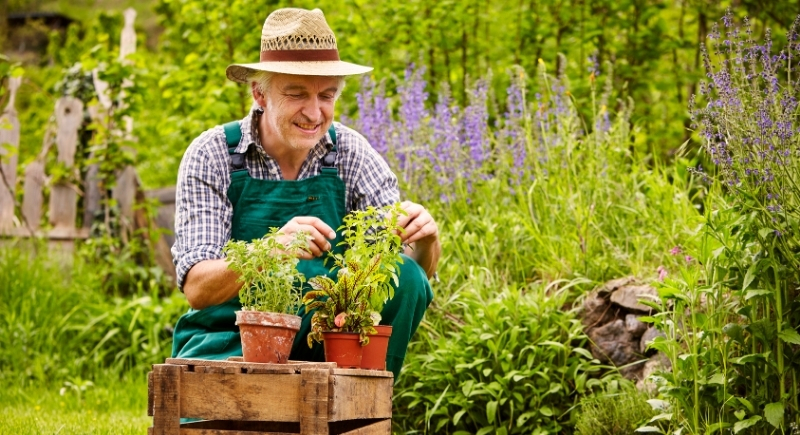
Credit: Getty Images
Silence isn’t awkward for them. Many use the quiet time to read, reflect, garden, or simply enjoy their surroundings. A 2013 study in Brain Structure and Function even suggested that time spent in silence may support brain growth.
They’re Often More Creative
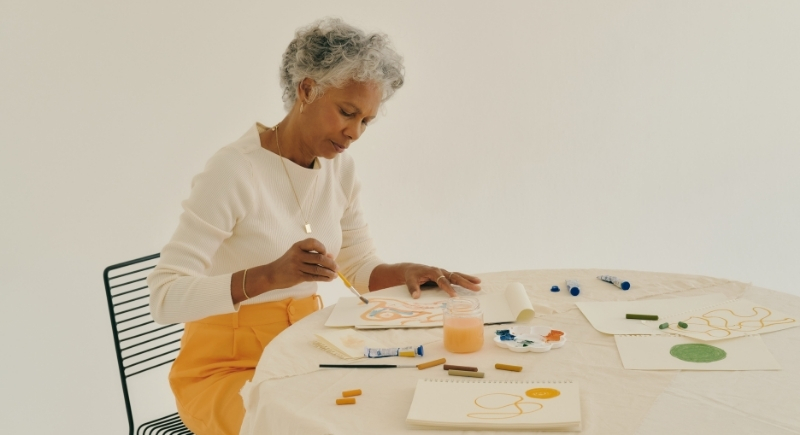
Credit: Canva
Solitude has long been linked to creativity. Older adults living alone often explore personal projects without interruption. One study from SUNY Buffalo found that unsocial people scored higher on creativity tests. When distractions fade, ideas have room to grow.
They Set Their Own Pace
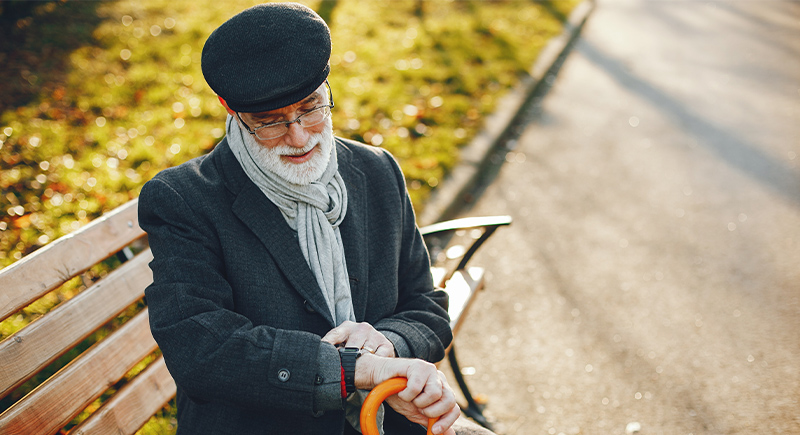
Credit: freepik
Living alone means they’re not rushing through someone else’s timeline. Want to eat dinner at 4:30 or take a walk at midnight? No problem. The freedom to follow their own rhythm gives them better control over their day, and often leads to more rest, fewer time conflicts, and better sleep patterns.
They’re Less Likely to Feel Pressured by Social Norms

Credit: freepik
The setup tends to cut down on people-pleasing. A 2022 paper in Nature Human Behaviour linked solitude with greater autonomy and reduced conformity. Many older solo dwellers feel freer to dress how they like, eat what they want, and structure their day without external influence.
They Build Strong Internal Motivation
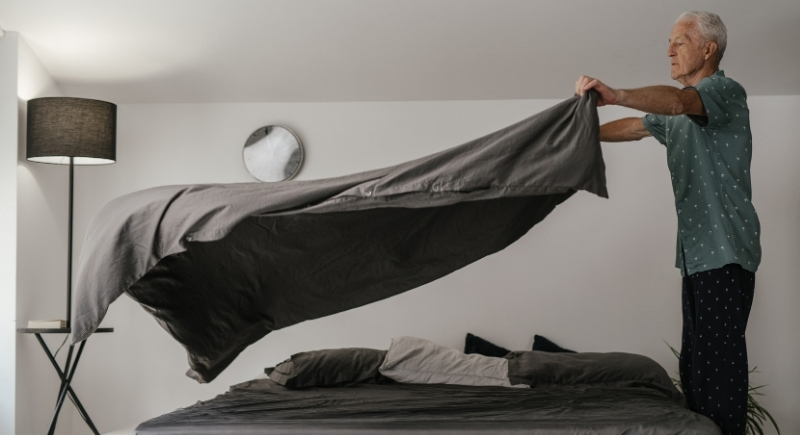
Credit: pexels
Without someone else around to nudge them, solo seniors often become better at motivating themselves. Whether it’s sticking to a walking schedule or maintaining a tidy home, they learn to create structure because they want to, not because someone expects it. That kind of self-direction keeps both body and mind active.
They’re Selective With Their Social Time

Credit: Getty Images
Instead of filling their calendar just to stay busy, they pick their people wisely. When they do socialize, it’s meaningful, not just routine. Researchers have found that quality beats quantity when it comes to friendships in older age, and people who live alone seem to know that instinctively.
They’re Comfortable Being Unplugged

Credit: Canva
There are no group chats buzzing nonstop, or TV shows blaring that they didn’t choose. This kind of digital minimalism helps protect attention span and lowers anxiety levels. Peace and quiet, both on-screen and off.
They Find Joy in the Everyday

Credit: pexels
People who live alone often notice details others overlook. Morning light through the kitchen window, the sound of a kettle boiling, a book finished in one sitting: these small pleasures add up. And their attention to the present moment is linked to greater satisfaction and reduced anxiety.
They Have Healthier Boundaries
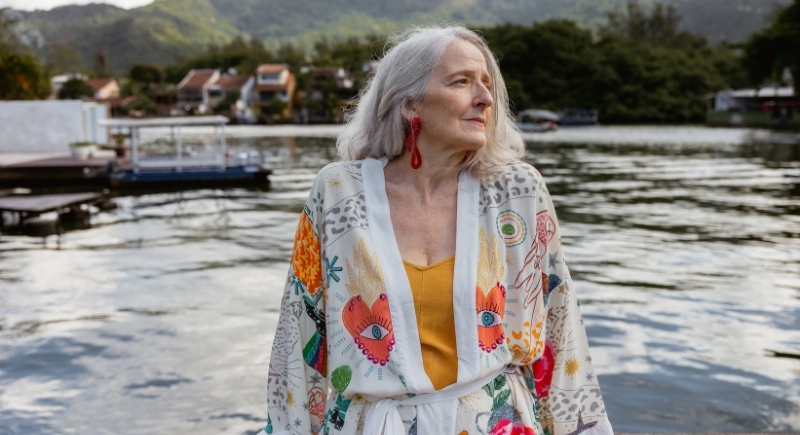
Credit: Canva
Older solo dwellers tend to have firm boundaries around their time and energy. Since they don’t share space with others, they become more aware of what drains or restores them. That clarity often extends into friendships and family relationships and allows them to maintain better emotional balance.
They’re Often Better at Budgeting

Credit: Canva
Living alone requires a close relationship with one’s finances. These individuals are used to tracking costs and prioritizing needs. The National Institute on Aging has noted that financial independence in older adults is closely tied to higher self-esteem and long-term life satisfaction.
They Use Reflection as a Life Skill

Credit: freepik
With fewer distractions, they develop deeper habits of reflection by taking time to assess where they’ve been and where they’re going. This habit contributes to greater clarity, purpose, and even forgiveness of themselves and others.
They’re Good at Asking for Help When Needed

Credit: Getty Images
Ironically, people who live alone are often more proactive about reaching out. Because they’re not in a shared household, they’re more aware of their limits and more likely to plan for support. Research from The Gerontologist suggests that independent older adults develop strong external support networks—neighbors, friends, community programs—by necessity.
They’re Often Better Pet Companions

Credit: freepik
Pets are a huge part of many solo seniors’ lives. Without anyone to veto the idea, they often adopt furry friends and build strong bonds. Studies from the Human Animal Bond Research Institute show that seniors who live alone with pets experience reduced loneliness and increased daily activity.